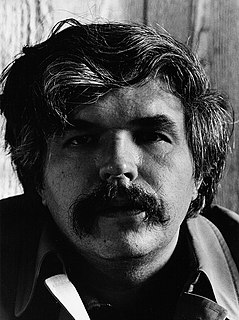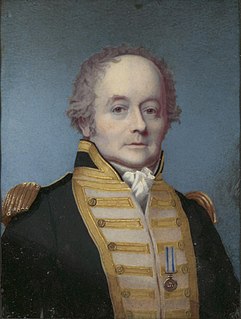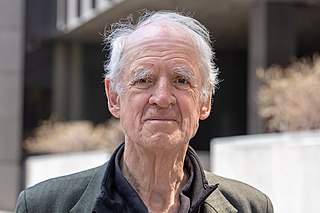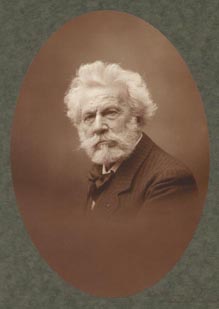Цитата Стэна Брэхэджа
Я боролся с липкой лентой других искусств, использующих пленку для своих собственных целей, что означает, по сути, как записывающее устройство или в длинной исторической ловушке изображения, под которой я подразумеваю набор именуемых форм в кадре. Я даже не думаю, что до сих пор фотография, за немногими исключениями, предпринимала какие-либо серьезные попытки освободиться от этого.
Связанные цитаты
Часть моего методологического подхода становится явной, когда я обсуждаю, каким образом литература может иметь философское значение. Литература обычно не спорит, а когда спорит, это смертельно скучно. Но литература может дать рамки, в которых мы начинаем наблюдать и рассуждать, или она может очень существенно изменить наши рамки. Это одно из достижений, которое я бы назвал Манном и Смертью в Венеции.
Киноискусство похоже на журналистику в том смысле, что оно больше, чем какое-либо другое искусство, приносит известность. Не только на людях — на поступках, и на предметах, и на местах, и на образах жизни. Камера приносит им всем своего рода славу. Поэтому я сомневаюсь, что фильм когда-либо сможет эффективно возражать против своего собственного материала: что, скажем, настоящий антивоенный фильм может быть снят даже на основе самых уродливых батальных сцен ... Что бы ни хотели режиссеры, фильм всегда утверждает «да».
Я не хочу ругать фотографию, и я не думаю, что пленка на высоте, а фотография — нет. Я думаю, что они действительно рядом друг с другом, понимаете. В неподвижном изображении заключена невероятная сила. Или в неподвижном изображении может быть невероятная сила, которая может пережить вас. Это может пережить фильм.
В Японии есть фраза «Сёсин», что означает «ум новичка». Наш «изначальный ум» включает в себя все. Он всегда богат и самодостаточен внутри себя. Это не означает закрытый ум, но на самом деле пустой ум и готовый ум. Если ваш ум пуст, он всегда готов ко всему. Он открыт для всего. В уме новичка есть много возможностей; в сознании эксперта их немного.
Известная, очень часто цитируемая фраза гласит: «Лучше то правительство, которое меньше всего правит». Я не думаю, что это правильное описание функций хорошего правительства. Правительство должно делать все то, для чего оно необходимо и для чего оно установлено. Правительство должно защищать людей внутри страны от насильственных и мошеннических нападений гангстеров, и оно должно защищать страну от внешних врагов. Это функции государства в рамках свободной системы, в системе рыночной экономики.
Знать, кто я, — это своего рода знание того, где я нахожусь. Моя идентичность определяется обязательствами и идентификациями, которые обеспечивают рамки или горизонт, в пределах которых я могу попытаться определить от случая к случаю, что хорошо или ценно, или что следует делать, или что я поддерживаю или против чего я выступаю. Другими словами, это горизонт, в пределах которого я способен занять позицию.
Мир не имеет окружности. У него непременно была бы окружность, если бы у него был центр, и в этом случае он содержал бы в себе свое собственное начало и конец; а это значило бы, что существует нечто другое, ограничивающее мир, — другое существо, существующее в пространстве вне мира. Все эти выводы ложны. Итак, поскольку мир не может быть заключен в материальной окружности и центре, он немыслим без Бога как своего центра и окружности.
То полушарие Луны, которое обращено к нам, известно лучше, чем сама Земля; его обширные пустынные равнины были обследованы с точностью до нескольких акров; его горы и кратеры измерены с точностью до нескольких ярдов; в то время как на поверхности земли есть 30 000 000 квадратных километров (в шестьдесят раз больше территории Франции), на которые никогда не ступала нога человека, которых никогда не видел человеческий глаз.






































